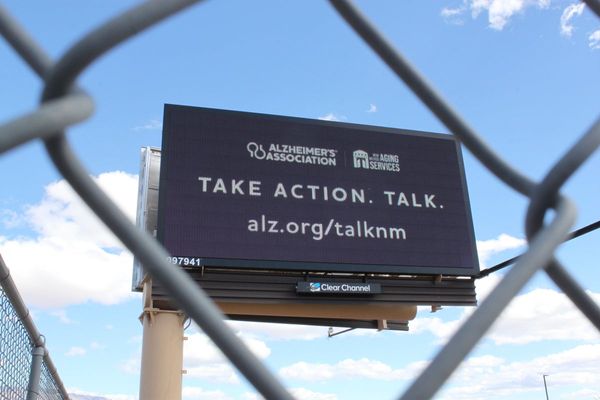
In the car-centric environment comprising most of the United States, having a reliable car is the most important factor in determining if you can get around.
According to new data from Kelley Blue Book and Cox Automotive, the average transaction price of a new car in July 2024 was $48,401.
That is not cheap.
Related: Popular truck gets hit with a massive recall
With new car prices soaring, Consumer Reports estimated that as many as 40% of buyers last year were solely eyeing used models. But with so many cars on the used market, it is easy to settle for a car with an attractive set of features for a low price.
However, the results of a new study by Consumer Reports show that buyers might want to avoid one particular Detroit automaker and its well-known brands, as they lack reliability.

The worst used cars to buy
Consumer Reports surveyed 150,000 owners of 2014-2019 vehicles in their study and scrutinized them on "20 potential trouble areas."
Vehicle problems range from small issues like squeaky brakes and broken interior trim to major problems that require expensive repairs, like out-of-warranty engine and transmission problems.
Consumer Reports weighed these issues accordingly to calculate an overall reliability score.
According to Consumer Reports results, owners of cars from multinational automaker Stellantis (STLA) say that they are some of the most unreliable on the used market.
Four out of the bottom five slots on the list consisted of Chrysler, Dodge, Jeep, and Ram.
The 2014 Ram 1500 owners told Consumer Reports that they had issues with the transmission, drive system, engine, brakes, and power equipment.
Owners of the popular 2014 Jeep Grand Cherokee were plagued by a transmission issue that required a replacement and additional problems with the fuel system, climate system, suspension, and steering.
More Automotive:
- The Toyota Crown is a masterclass in cheap, quiet luxury
- Ford making radical change that might anger loyal consumers
- Gavin Newsom's 'EV mandate' is under U.S. Supreme Court threat
Meanwhile, owners of the popular 2014 Dodge Durango reported that they were dragged down by issues with the torque converter in its automatic transmission, power steering, oil leaks, and brakes.
Additionally, owners of the 2018 Chrysler Pacifica plug-in hybrid reported that they had to replace the minivan's battery pack and faced issues with the transmission, plug-in electrical drive system, and charging components.
Between Dodge and Jeep was Tesla (TSLA) , whose 2014-2019 Model S and Model X vehicles suffered many issues.
Problems were reported with keyless entry and headlights, and problems that warranted the replacement of expensive components like the infotainment screen and electric motors.
Related: Ford hands-free driving tech blamed for deadly DUI crash
On the opposite end of the list, the top five brands were all Japanese marques, including Toyota, Lexus, Mazda, Honda, and Acura.
The gap between Toyota, Lexus, and Mazda's reliability scores and the worst performers is wide, confirming their reputation for reliability among auto buyers.
Consumer Reports senior automotive data analyst Steven Elek attributes this to discipline at the automaker from Toyota City.
“Brands like Lexus and Toyota have a history of conservative redesigns, incrementally improving their entire product line, rather than introducing many all-new systems,” says Elek. “Our data consistently shows over time that cars from those brands are reliable when new, and they continue to be reliable as they age.”
Used car buyers beware
Though Consumer Reports rated brands as a whole, they noted that buyers should consider investigating the reliability of each individual model, as generally unreliable brands are completely capable of making a generally reliable model and vice versa.
Additionally, shoppers who encounter used cars will encounter unique cases with their own unique history of use and service that may differ from the "norm."
Related: Veteran fund manager sees world of pain coming for stocks







